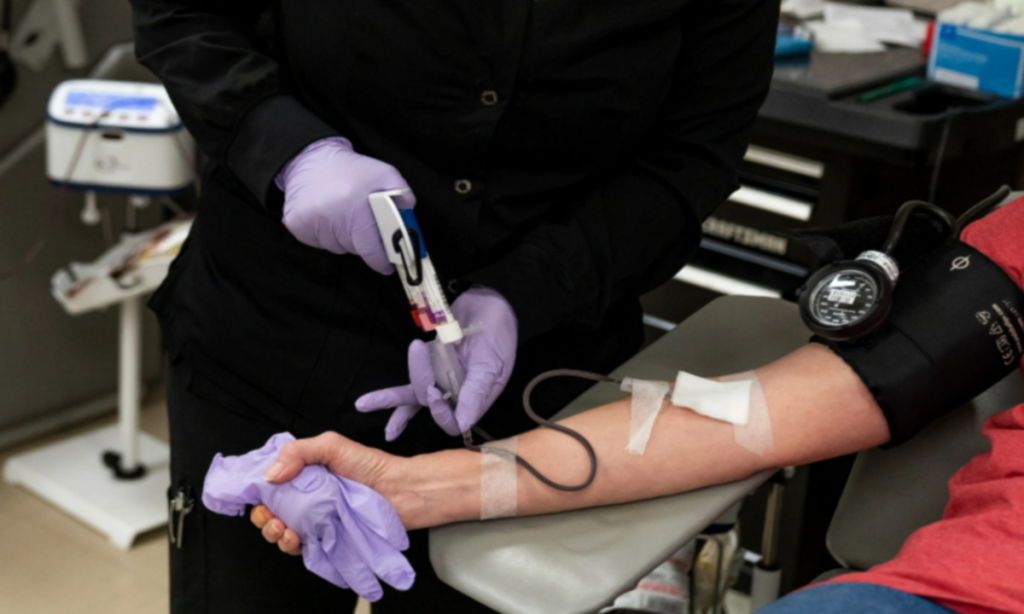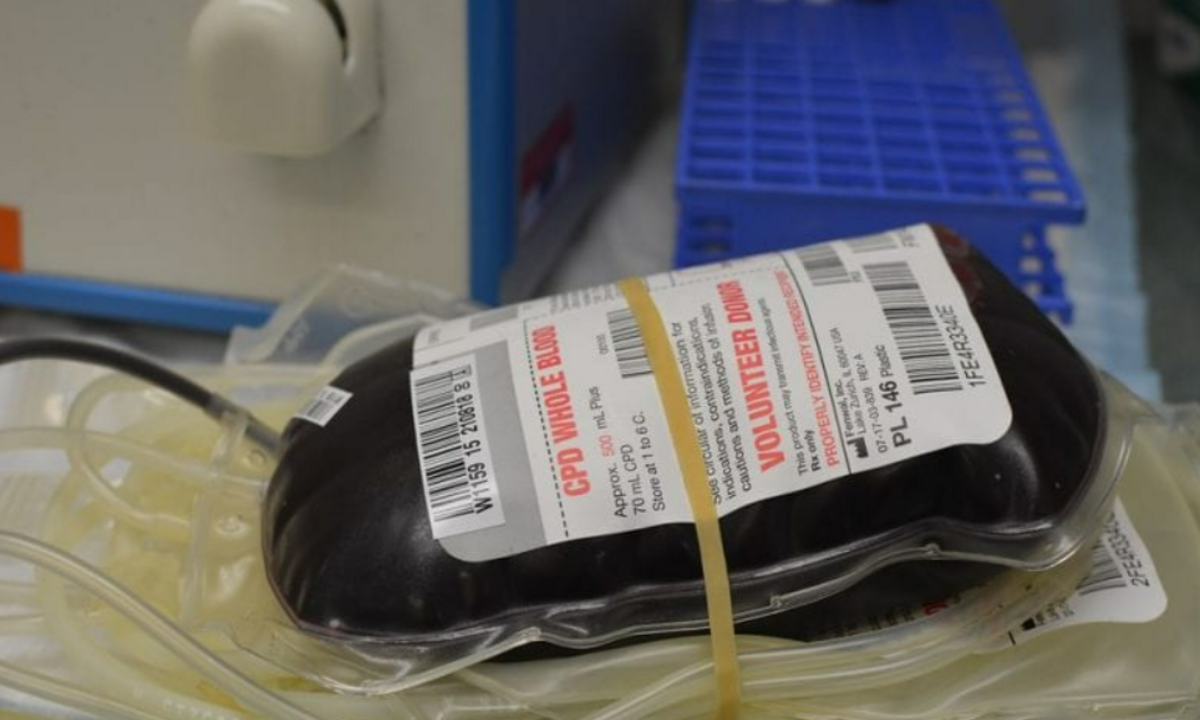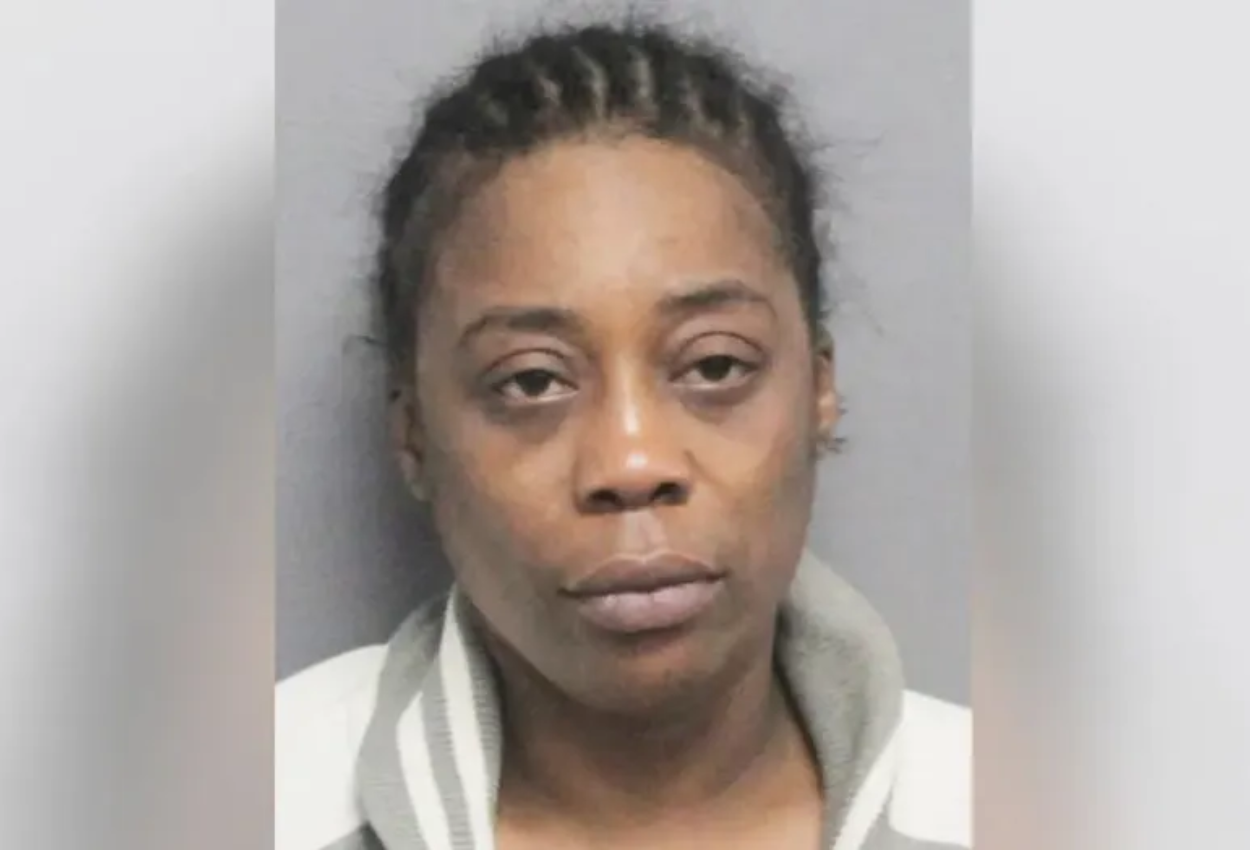As January 2025 comes to an end, the New Jersey Department of Health (NJDOH) is urging residents to donate blood to address a severe shortage. Governor Phil Murphy has declared January as Blood Donor Month, continuing a 50-year tradition of recognizing voluntary blood donors and encouraging more people to donate during a time when blood supplies are typically low.
This year, the situation is especially concerning. Blood banks across New Jersey have reported critically low levels of blood, with donations dropping by 30% in recent weeks. With essential blood types like O-negative and B-negative in dangerously low supply, healthcare officials are calling for urgent action.
Current Blood Shortage Crisis
Blood shortages are a recurring issue during winter, as seasonal illnesses, holiday travel, and adverse weather conditions reduce the number of donors. However, this year’s decline has been particularly sharp, prompting officials to declare an emergency.
New Jersey Blood Services recently issued a blood emergency, highlighting that some critical blood types have only a one-to-three-day supply remaining. This shortage mirrors a national emergency declared by the American Red Cross last August when the organization’s blood inventory dropped by 25%.
Medical experts warn that without sufficient blood donations, hospitals may struggle to provide timely care for patients undergoing surgery, accident victims, and individuals with serious health conditions requiring transfusions.
Why Blood Donations Are Vital
Blood donations are essential in the medical field and can save countless lives. According to NJDOH Commissioner Kaitlan Baston, “Any one of us might need a blood transfusion someday—whether it’s for a planned surgery, an unexpected emergency, or a critical illness. Giving blood is one of the most powerful ways to help our neighbors. Each donation can save up to three lives—that’s three families who might get a second chance because someone took an hour to give blood.”
Despite the life-saving impact of blood donations, fewer than 5% of eligible New Jersey residents donate blood annually. This is significantly lower than the demand, leading to frequent shortages. Across the United States, someone needs a blood transfusion every two seconds, emphasizing the ongoing need for donations.

Different Types of Blood Donations
Not all blood donations are the same. Different types of blood products are used to treat various medical conditions, including surgeries, cancer treatments, trauma care, and chronic illnesses. Here are the key types of donations:
Whole Blood Donation: The most common type of donation, where a person donates a pint of blood. This process takes about an hour, and donors can give every 56 days.
Platelet Donation: Platelets help with blood clotting and are crucial for cancer patients and burn victims. Donors can give platelets every seven days.
Plasma Donation: Plasma, often used in trauma and emergency situations, can be donated every 28 days.
Double Red Cell Donation: This method allows donors to give two units of red blood cells in a single visit and can be done every 112 days.
One of the biggest challenges in maintaining a stable blood supply is that blood products have a limited shelf life. Red blood cells must be used within 42 days, and platelets within just seven days, making continuous donations necessary.
Who Can Donate and How to Help
Blood donation is a simple yet impactful act that almost anyone can do. To be eligible to donate blood in New Jersey, individuals must:
Be at least 17 years old (16 with parental consent).
Weigh at least 110 pounds.
Be in generally good health.
Residents interested in donating can schedule an appointment at a local blood donation center. Some of the leading organizations accepting blood donations include:
American Red Cross Services
Hunterdon Healthcare
Miller-Keystone Blood Center
New York Blood Center
RWJBarnabas Health
Vitalant Blood Services
Conclusion: A Lifesaving Opportunity
As Blood Donor Month comes to an end, NJDOH is urging residents to step up and help address the current blood shortage. A single blood donation can save up to three lives, making it one of the most impactful ways to support the community.
If you are eligible, consider scheduling a blood donation appointment today.
Disclaimer—Our team has checked this article to ensure its accuracy and eliminate any misinformation. We are committed to providing clear and reliable information for our readers.




